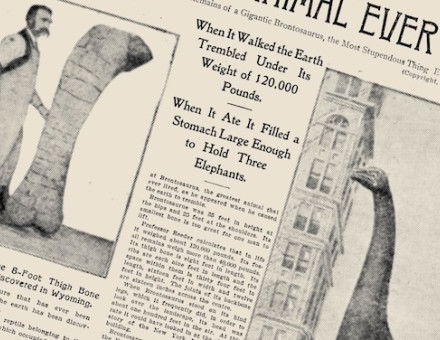Scots On Top? Tartan Power at Westminster 1707-2007
Roland Quinault asks whether politicians from north of the Border have always dominated Parliament, as some people think is the case today. Tam Dalyell, Labour MP for West Lothian and Linlithgow 1962-2007, adds his own comments.
The tercentenary of the Act of Union and the appointment of Gordon Brown as prime minister make 2007 an appropriate time to review the place that Scots have occupied in the British political elite. The current prominence of Scots in the Labour government has revived claims that they exercise an undue influence on British politics. Yet for nearly 150 years after the 1707 Act of Union, Scots were largely conspicuous by their absence from the leading ranks of the government in London. In the eighteenth century there was only one Scottish prime minister: Lord Bute (1713-92). His short premiership, from May 1762 until April 1763, was unpopular and his English critics vilified him as both a Scot and a Stuart. It was not until 1852 that another Scot became prime minister: Lord Aberdeen (1784-1860). His ministry was also short and unsuccessful, but he was the harbinger of a long line of Scottish premiers in the later nineteenth and earlier twentieth centuries.





